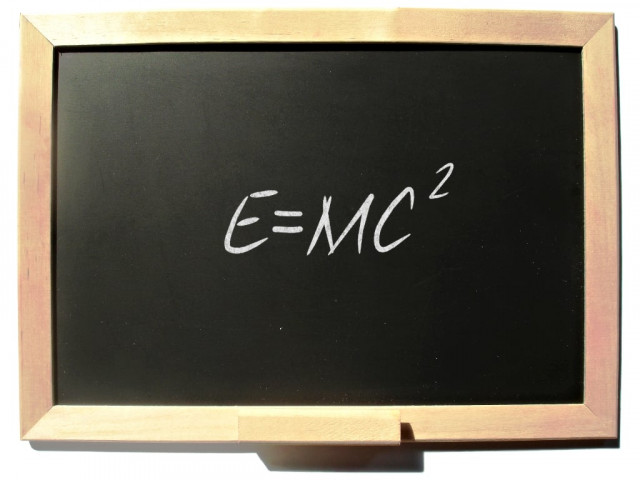Sub-atomic particles break speed of light: Scientists
The discovery could undermine Albert Einstein’s theory of special relativity.

An international team of scientists said on Thursday they had recorded sub-atomic particles travelling faster than light – a finding that could overturn one of Einstein’s long-accepted fundamental laws of the universe.
Antonio Ereditato, spokesman for the researchers, told Reuters that measurements taken over three years showed neutrinos pumped from CERN near Geneva to Gran Sasso in Italy had arrived 60 nanoseconds quicker than light would have done. “We have high confidence in our results. We have checked and rechecked for anything that could have distorted our measurements but we found nothing,” he said. “We now want colleagues to check them independently.”
If confirmed, the discovery would undermine Albert Einstein’s 1905 theory of special relativity, which says that the speed of light is a “cosmic constant” and that nothing in the universe can travel faster.
That assertion, which has withstood over a century of testing, is one of the key elements of the so-called Standard Model of physics, which attempts to describe the way the universe and everything in it works.
The totally unexpected finding emerged from research by a physicists working on an experiment dubbed OPERA run jointly by the CERN particle research centre near Geneva and the Gran Sasso Laboratory in central Italy.
A total of 15,000 beams of neutrinos – tiny particles that pervade the cosmos – were fired over a period of 3 years from CERN towards Gran Sasso 730 km away, where they were picked up by giant detectors. Light would have covered the distance in around 2.4 thousandths of a second, but the neutrinos took 60 nanoseconds – or 60 billionths of a second – less than light beams would have taken.
“It is a tiny difference,” said Ereditato, who also works at Berne University in Switzerland, “but conceptually it is incredibly important. The finding is so startling that, for the moment, everybody should be very prudent.”
Ereditato declined to speculate on what it might mean if other physicists, who will be officially informed of the discovery at a meeting in CERN on Friday, found that OPERA’s measurements were correct.
“I just don’t want to think of the implications,” he told Reuters. “We are scientists and work with what we know.”
Much science-fiction literature is based on the idea that, if the light-speed barrier can be overcome, time travel might theoretically become possible.
Published in The Express Tribune, September 23rd, 2011.



















COMMENTS
Comments are moderated and generally will be posted if they are on-topic and not abusive.
For more information, please see our Comments FAQ